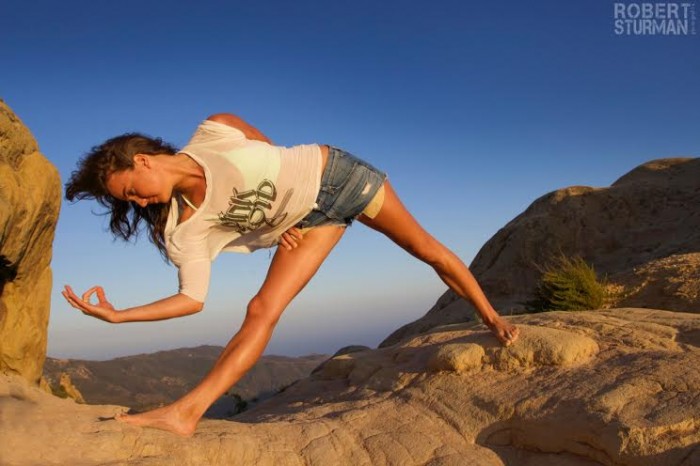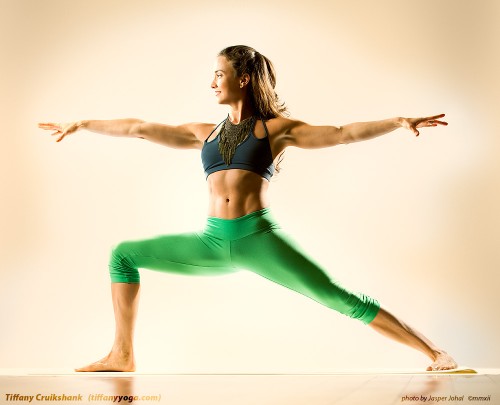As if a breakup isn’t hard enough, there’s always some underlying self-doubt that happens in the period that follows.
Personally, I’ve found that my greatest strengths have come from my biggest failures…so there’s a strange sense of compliance with the darkness that ensues. I’ve been lucky enough in most of my breakup history to be able to acknowledge and respect one other as the end rolls around.
This time around isn’t any different. I still have the utmost respect and love for my ex, which in some ways makes it more difficult to move on, even when you know it’s the right thing.
But relationships aside, what I really find interesting is that personal darkness that ensues, post-breakup.
I understand all the clichés about moving on and processing it and it being for the best—but that doesn’t mean the heartache isn’t there. Being a rather logically-inclined person, I can wrap my head around the whole process.
But my heart still takes a while to catch up.
Being in my mid 30’s and having been in my share of long-term relationships (including one marriage), I really want to learn as much as possible from the process. It’s so easy sometimes to try and cover it up, blame it on the other person and move on—but I was eager to look at the darkness to see what was behind it.
I’ve been lucky enough to have some pretty amazing people in my life. So I really wanted to own up to my shit. I decided to find someone who could help me sort through things and see more clearly what I need to learn from this.
As we began to dig, what was uncovered behind the darkness was a sense of worthlessness buried deep beneath the surface. I remember struggling so much as a kid, being teased really badly by my peers and always wanting to please my parents. I started to realize that this dark place was the same as way back then. All the internal bodily sensations and responses felt the same even now as an adult.
The realization that suffering was a reflection of that trigger of worthlessness led me to ponder this notion of self-love.
I’ve heard it before, but I’ve always felt confused because I feel like I love myself. This time it felt obvious that the answer was a need for self-love.
Confused, I searched for ways to love myself more, wondering how to get to this illusive place. I feel so incredibly grateful for the abundance in my life, I never even imagined I’d be doing what I’m doing. I’m proud of who I am and the work ethic that got me here and the commitment to integrity and values that has always been at the forefront for me.
Even though we all have our self-conscious moments, I do love my imperfections—like the big scars on my forehead. So I wondered, then: how do I love myself?
As I was talking with my counselor, I brushed over the idea that in order to really deeply love someone else you must first love yourself, and that I really wanted to find that.
I’ve always believed in this and thought of it as a basic, almost obvious concept.
But she came back and questioned me:
“…is that true? Do you have to love yourself in order to love someone else?”
I couldn’t help but think that she must not have meant it that way, since everyone knows that’s true. As a teacher it’s something I tell my students all the time.
As I left her office I felt the need to question it and I got to wondering whether it was really possible to love myself fully. If our human nature is imperfect, won’t there always be times we question ourselves?
Am I being too hard on myself by believing I need to realize this ever-elusive self-love in order to love someone else or for them to love me?
Is this concept of unconditional self-love just a mirage?
I decided to take some time and head to the beach and just let all those thoughts settle. I grabbed one of my favorite books, by Pema Chodron (Taking the Leap) and headed out. I opened up the book and read through some of the highlighted pages I’ve scribbled in.
Of course, what I found happened to be just what I was looking for. I found Pema talking about insecurity being reaction to the shifting nature of reality. That got me thinking.
If insecurity is our reaction to the shifting nature of reality, maybe self-love is not about conquering our demons.
Maybe it’s about just sitting with the unease and finding that we don’t die.
If there is an underlying insecurity inherent in this ever-changing world, that insecurity is felt by everyone, as long as we continue to scramble to find our footing. Maybe it’s less about self-love and more about our attachment to our shifting reality, our ability to see it clearly, experience it and become familiar with it.
Maybe it’s not as much about self-love as we think. Perhaps it’s simply about acknowledging and sitting in the unease long enough for it to loosen its grip on us.
A big part of our yoga practice is cultivating the ability to detach ourselves from the intensity of our lives and be present, regardless. So if the human condition is to suffer and my human nature will naturally question myself as a healthy call to action, where does self-love fit in?
If I live my life clearly in my contribution to the world and upholding my personal values and integrity, I set myself up to love the self I am contributing to the world. With a commitment to that and a realization that the struggles will come and go, the darkness may still come back, but I can stop and recognize it.
At that point it’s possible that it will loosen its grip on me and allow me to clearly see what is real and what is just a reaction to my past.
There’s no illusion that someday all my problems will disappear; rather, the awareness that I have the power to slowly re–carve my habitual patterns. Knowing that this may continue to come up again and again, I am armed with my awareness to notice how it affects me and choose to change.
As much as we want to fix or cover up, I’m happy knowing that this is a weak point for me. The more I can shed some light on it, the less it can torture me with its grip.
I can’t change the past. I can’t change that it affects me. What I can do is recognize how it affects me now, and choose to consciously create new patterns to live by with a commitment to simply be aware of the darkness.
This commitment to living with my eyes open allows me to recognize my patterns and choose a life that feeds me, rather than grasping for a cliché of self-love to patch the problem.
A self-love guide:
1. What is your unique contribution to the world? What were you born to give? (through your work or your family or your community)
2. What are your personal values? What is the foundation of your personal integrity as a human being? (what qualities or characteristics are most important to you)
3. Are you aligning with these values in your contribution to the world?
Exercise: Can you cozy up with your dark places?
Can you pinpoint the physical sensations that arise when you meet darkness in your life? Can you sit in that experience just watching the sensations in a seated meditation?
If you’re new to meditation, start with five to ten minutes of sitting practice and watching the breath and the physical experience, noticing what happens as you sit with it. See if it’s possible just to notice is the experience without judging it.












Read 11 comments and reply